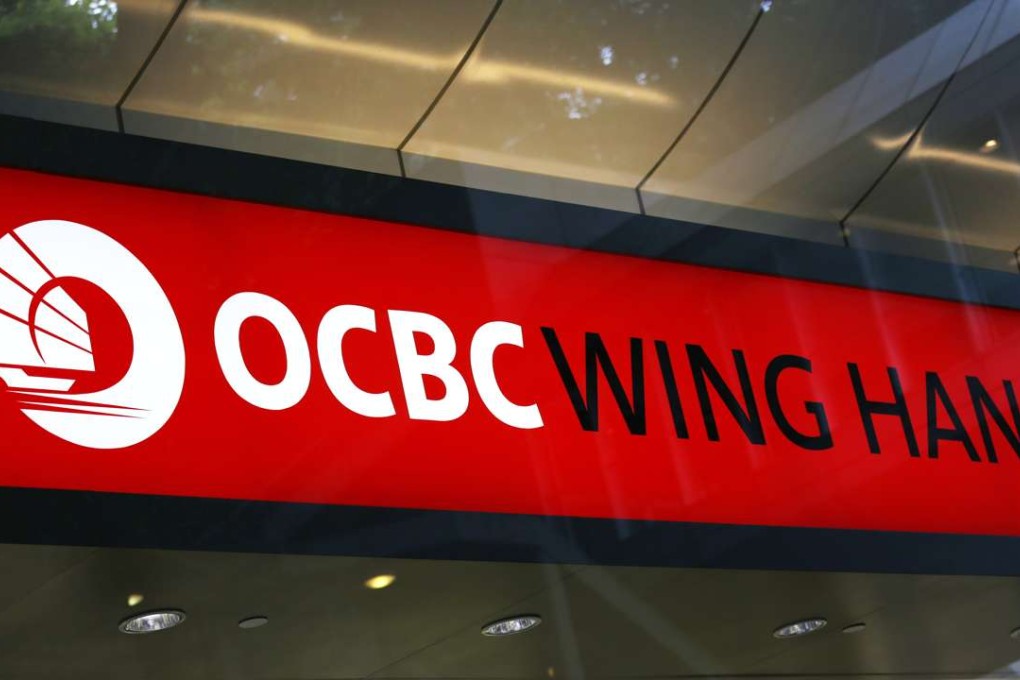Wing Hang Bank branches give Singapore’s OCBC leg-up in China after merger

The merger of Singapore’s OCBC Bank and Wing Hang Bank’s China branch network is set to close in the second half of this year after Chinese regulators finally cleared the deal, said OCBC’s acquisitive group chief Samuel Tsien.
The combined entity, with its local headquarters in Shanghai, will give OCBC access to over a hundred Chinese state-owned enterprises, 55 billion yuan of assets onshore, presence in 14 Chinese cities and a headcount of over 1,500. It is set to become the largest branch network in China owned by a Southeast Asian bank and the fourth largest foreign owned entity after HSBC, Bank of East Asia and Standard Chartered.
On its own, Tsien said, OCBC has no obvious competitive advantage in China against Chinese banks. But with the new synergy, the team plans to transform OCBC into a leading regional bank connecting trades and investments between China and Singapore, Malaysia and Indonesia.
OCBC currently has a dominant local presences in all the four markets and is well set to see off competition from other foreign and Chinese banks in cornering China’s outbound investments under the “One Belt, One Road” programme, he said.
“These businesses and advantages have always been there. We have just never called them “Belt and Road” businesses until now.” Tsien said.
“Very frequently, if you go to the Indonesia market to buy out a power asset, you would need a local partner. This is why the Chinese corporates will come to us,” said Tsien, who counts China’s policy banks as among his partners.